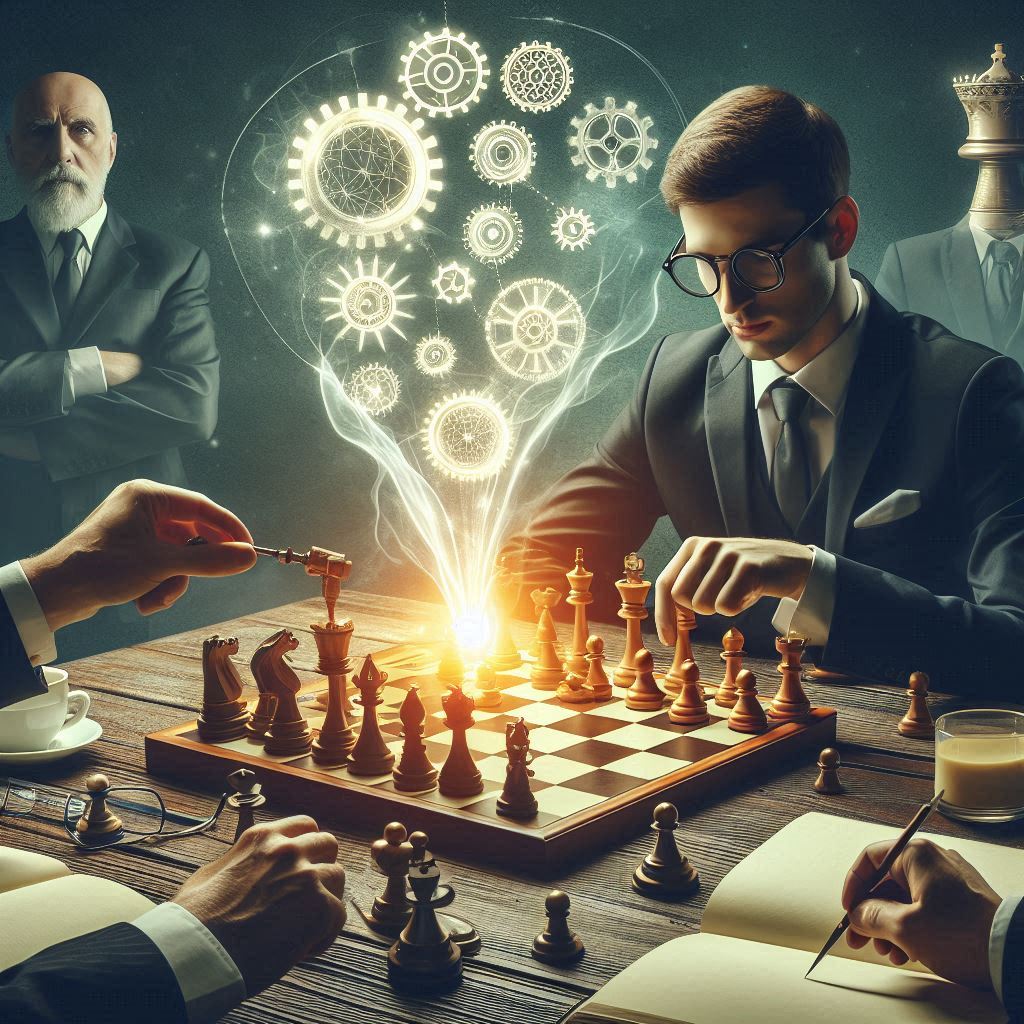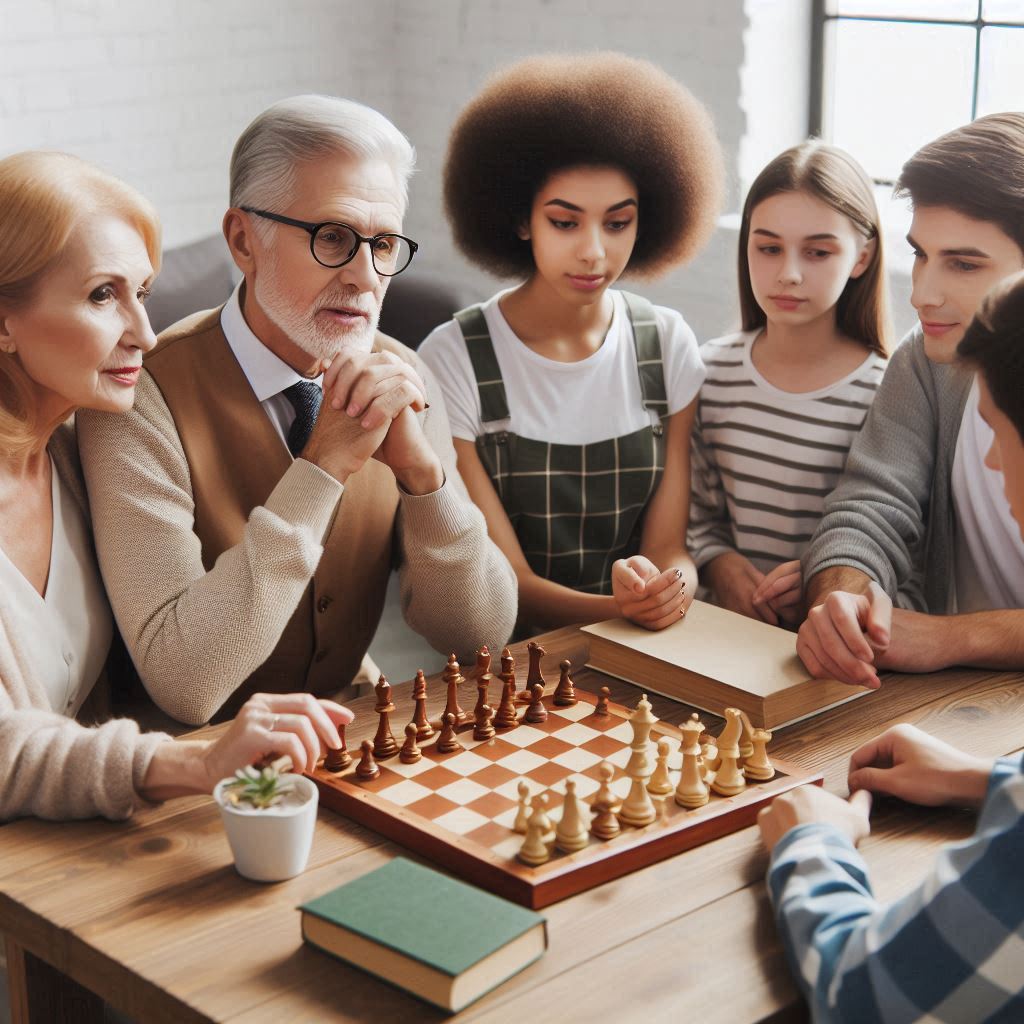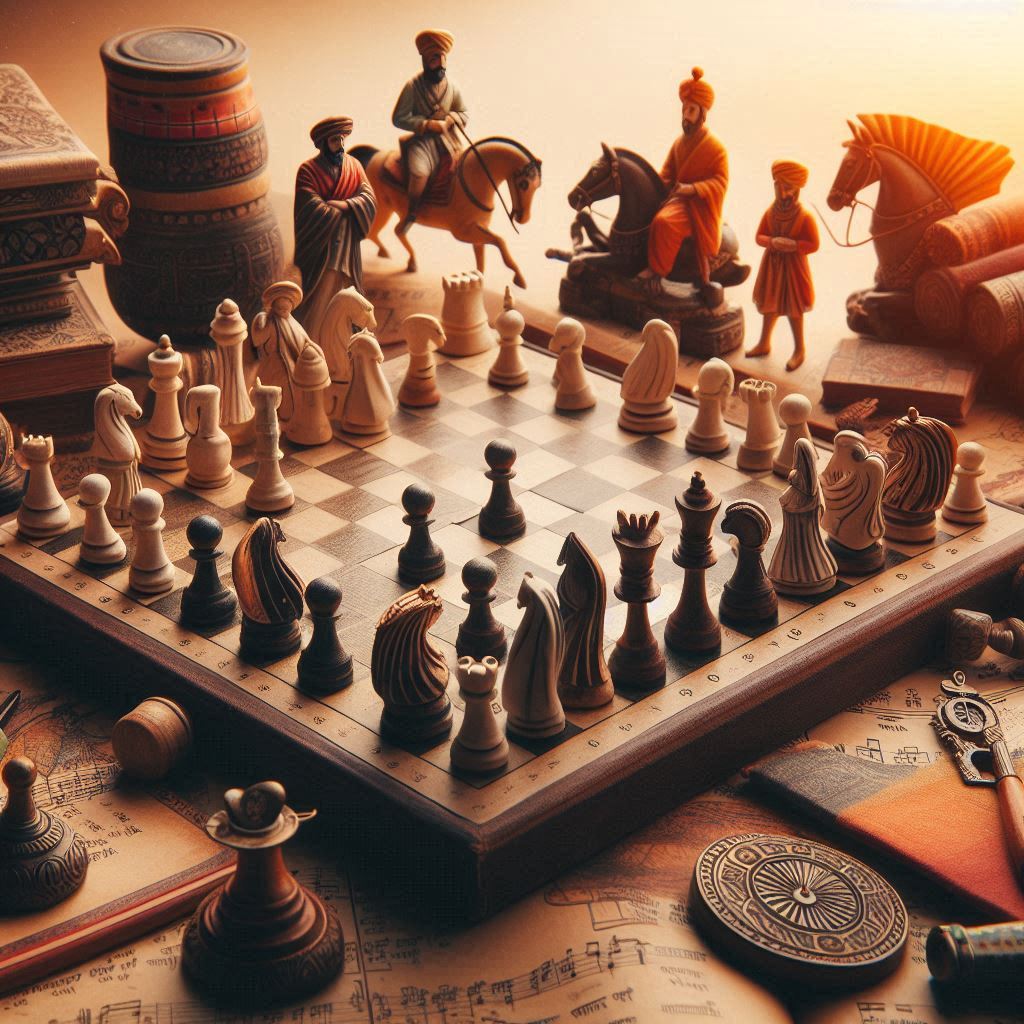Introduction
Chess is a game of strategy, skill, and continuous learning. To excel, it’s essential to have a structured and personalized training program that addresses your unique strengths and weaknesses. Developing a customized chess training program allows you to focus on areas needing improvement while building on your existing skills. This guide will walk you through the steps to create an effective and personalized chess training program.
Assessing Your Current Skill Level
Identifying Strengths and Weaknesses: Start by evaluating your current skill level. Analyze your recent games to identify patterns in your play, such as common mistakes or recurring strategic themes. Use online rating systems or feedback from coaches to get an objective measure of your performance.
Setting Clear Goals
Short-Term and Long-Term Objectives: Establish clear, achievable goals for your chess training. Short-term goals might include improving your tactical skills or mastering a specific opening. Long-term goals could involve reaching a certain rating or winning a tournament. Having defined objectives will guide your training efforts and keep you motivated.
Creating a Balanced Study Plan
Incorporating All Aspects of the Game: A well-rounded training program should cover all areas of chess, including openings, middle game strategies, endgames, tactics, and positional play. Balance your study sessions to ensure you are continually improving in each aspect of the game.
Choosing the Right Training Resources
Books, Software, and Online Platforms: Select high-quality resources that suit your learning style. Books by renowned authors, software like ChessBase, and online platforms such as Chess.com and Lichess offer a wealth of material for players at all levels. Use these resources to access lessons, puzzles, and game databases.
Developing Opening Repertoires
Tailoring Openings to Your Style and Needs: Build an opening repertoire that complements your playing style. Study various openings and understand the key ideas and typical middlegame plans associated with them. Use databases to keep your repertoire up-to-date with the latest theory.
Enhancing Middle Game Skills
Tactics, Strategy, and Positional Play: Focus on improving your tactical awareness and strategic understanding. Solve tactical puzzles daily to sharpen your calculation skills. Study classic games to learn strategic concepts and positional themes. Practice creating and executing plans in different types of positions.
Mastering the Endgame
Essential Endgame Principles and Practice: Endgames are crucial for converting advantages into wins. Study fundamental endgame principles, such as king activity, pawn structure, and opposition. Practice key endgames, like king and pawn versus king, and rook endgames, to build confidence in your endgame play.
Analyzing Your Games
Learning from Your Mistakes and Successes: Analyze your games thoroughly to identify areas for improvement. Use chess engines and databases to review critical positions and alternative moves. Understand the reasons behind your mistakes and successes, and apply these lessons to future games.
Incorporating Regular Practice Sessions
Practical Play and Timed Exercises: Regular practice is essential for reinforcing your learning. Play timed games to simulate tournament conditions and improve your time management skills. Participate in online matches and local tournaments to gain practical experience.
Seeking Feedback and Mentorship
Benefits of Coaching and Peer Review: Feedback from experienced players and coaches can provide valuable insights into your game. Consider hiring a coach for personalized guidance or join a chess club to benefit from peer review. Discussing your games with others helps you see different perspectives and solutions.
Tracking Progress and Adjusting the Plan
Evaluating and Refining Your Training: Regularly review your progress towards your goals. Adjust your training plan based on your evolving strengths and weaknesses. Be flexible and willing to change your approach if certain methods are not yielding the desired results.
Maintaining Physical and Mental Health
Importance of Overall Well-Being: Physical fitness and mental health play a crucial role in your chess performance. Ensure you get regular exercise, eat a balanced diet, and maintain a healthy sleep schedule. Practice mindfulness or relaxation techniques to manage stress and stay focused during games.
FAQs
How do I start developing a personalized chess training program?
Begin by assessing your current skill level, setting clear goals, and creating a balanced study plan that covers all aspects of the game.
What resources are best for chess training?
High-quality books, software like ChessBase, and online platforms such as Chess.com and Lichess are excellent resources for chess training.
How can I improve my opening repertoire?
Study various openings, understand their key ideas, and keep your repertoire updated with the latest theory. Tailor your openings to suit your playing style.
Why is endgame study important?
Endgames are crucial for converting advantages into wins. Understanding key endgame principles and practicing essential endgames builds confidence and skill.
How can I track my progress in chess?
Regularly review your games, seek feedback from coaches or peers, and adjust your training plan based on your evolving strengths and weaknesses.
What role does physical and mental health play in chess training?
Maintaining physical fitness and mental health is vital for optimal performance. Regular exercise, a balanced diet, good sleep, and stress management contribute to overall well-being.
Conclusion
Developing a personalized chess training program is a strategic approach to improving your skills and achieving your chess goals. By assessing your current level, setting clear objectives, and creating a balanced study plan, you can tailor your training to suit your needs. Utilize high-quality resources, seek feedback, and maintain your overall well-being to ensure continuous improvement. With dedication and the right training program, you can reach new heights in your chess journey.



